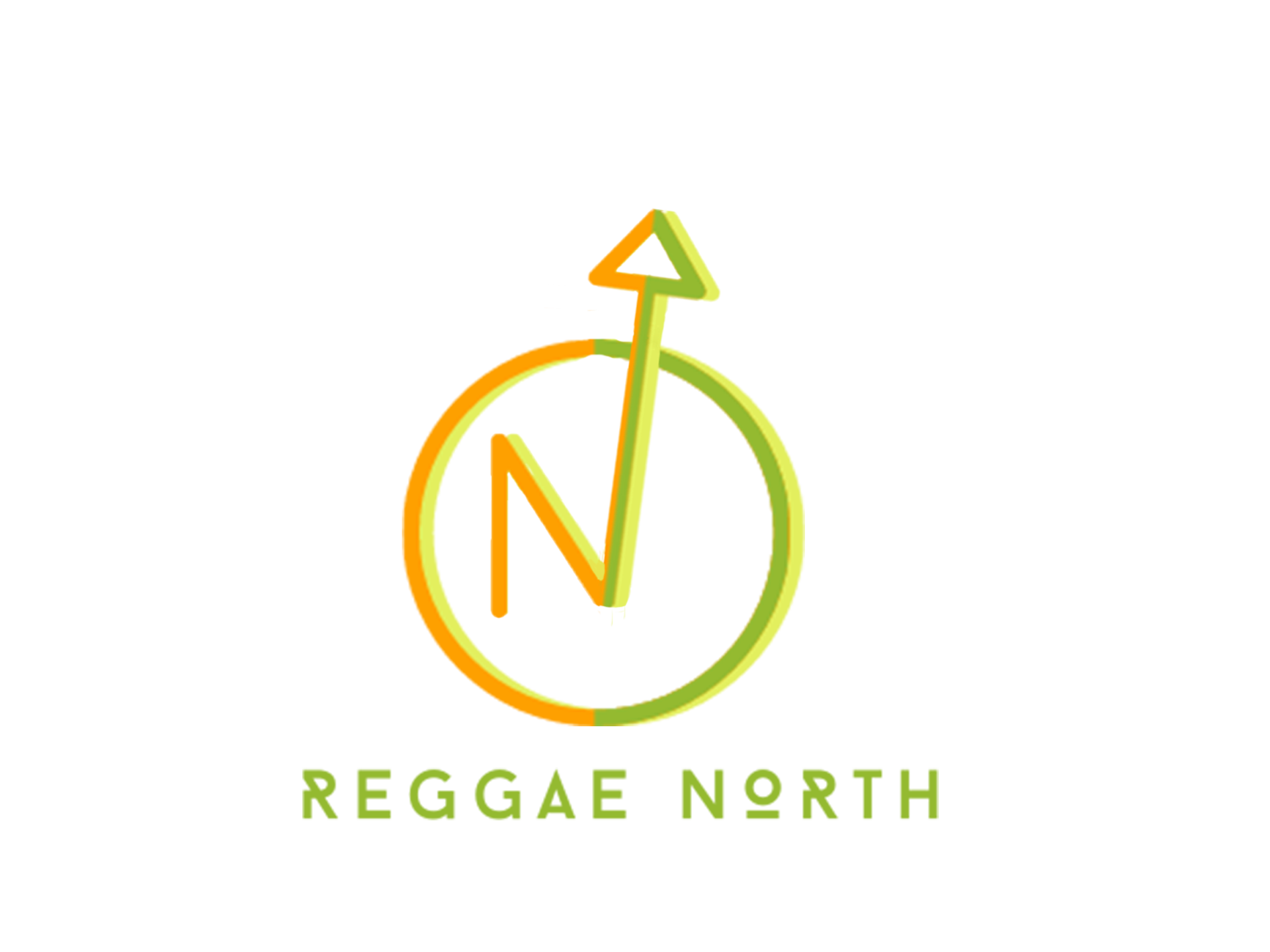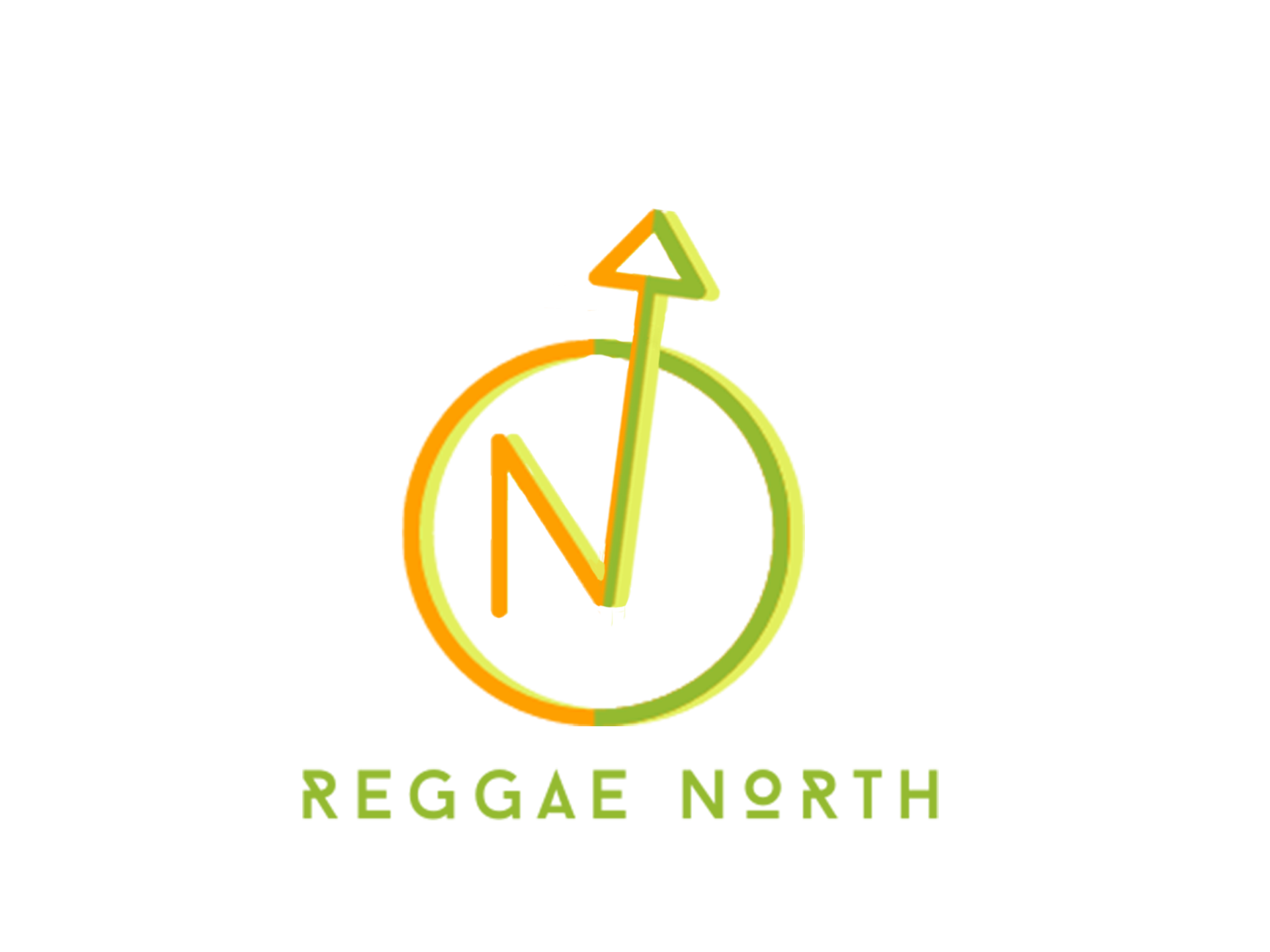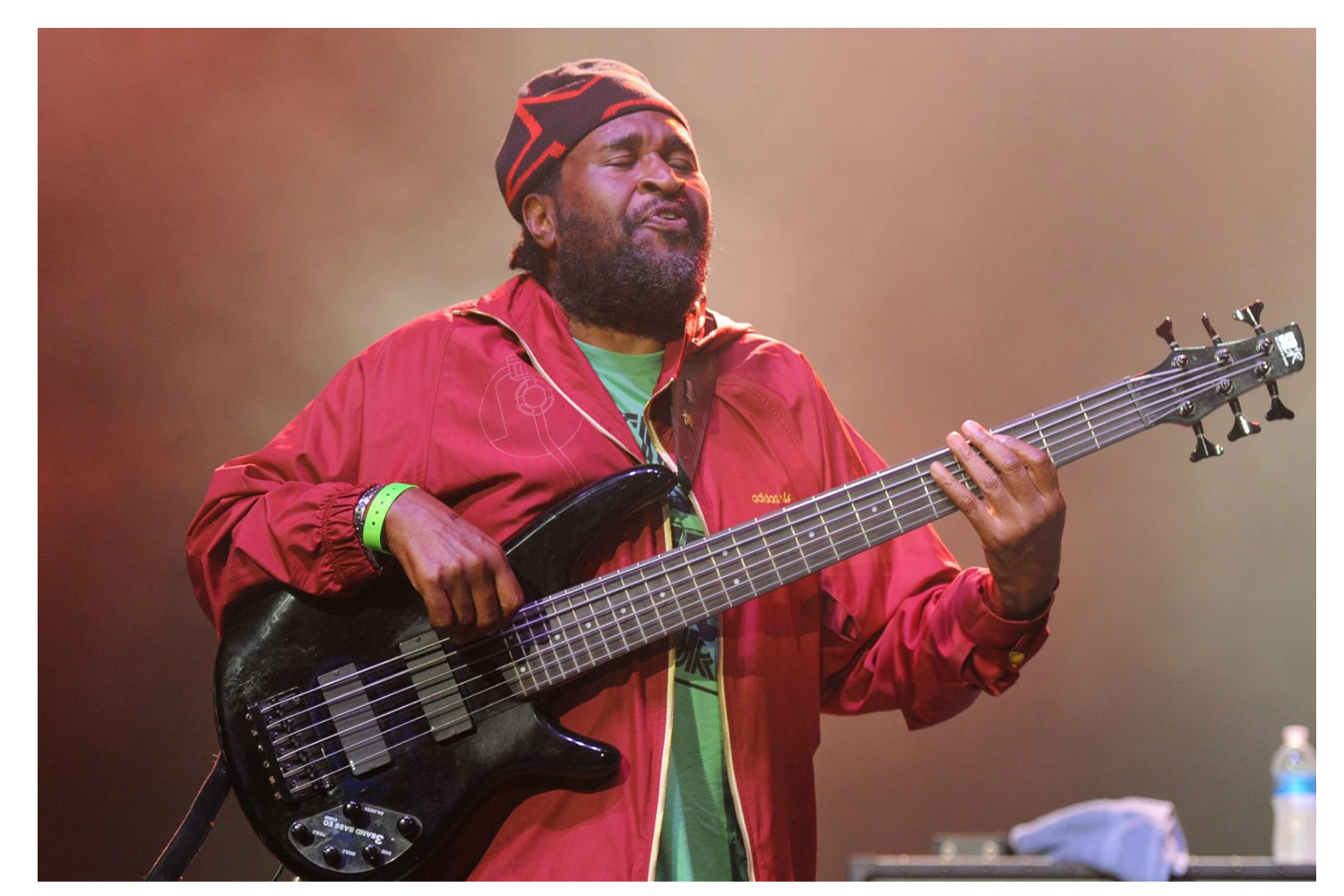Inner Circle’s bassist Ian Lewis left tongues wagging on social media following his recent Television Jamaica interview in which he called for the “return of drum and bass” to Reggae music, and the unification of the nation’s music stakeholders.
On Sunday, November 19th, Inner Circle shared the interview with Lewis on its official Instagram page, with the guitarist, among other things, describing Jamaican music as “a gold mine”.
The interview was titled “Inner Circle bassist Ian Lewis sounding the alarm as overseas reggae bands continue to eclipse their Jamaican counterparts on the international stage.”
In the news item narrated by veteran entertainment journalist Anthony Miller, it was noted that “only a handful of homegrown acts are still bringing star status to the big shows where they are increasingly outnumbered by makers of so-called ‘Modern Reggae’.”
The term ‘Modern Reggae’ is used to define what is described in some quarters as a “genre of music which combines traditional Reggae with elements of other genres, such as hip-hop, R&B, and pop.”
Miller had also said that “there were hundreds of Reggae bands in the United States putting their spin on the seemingly everlasting appeal of Bob Marley who continues to relay a message of peace and love,” with bands such as SOJA and Stick Figure bringing along their crowd, but also with an eye on the commercial prize.
But Lewis, who along with his brother Roger, co-founded Inner Circle in 1968, urged the now-outnumbered Jamaicans, the originators of Reggae, to unify in order to regain their status, just as the American Reggae bands have been doing over the years, through for example, touring together, which has gained them much ground and enlarged their fan base.
“Three to 400 modern Reggae white bands are in America. They have moved their commas now from a hundred or thousand to 300 (thousand); they are doing eight to 10 to 15 thousand combined when they go together. They pound the road; they do 200 shows every year – 40 dollar tickets, not 200 and 300 dollar tickets,” Lewis explained.
“So they are going for the demographic that will come out to listen to what they are playing. They call it Reggae; we might not feel it like how they feel it, but it’s appealing to their demographic,” he added.
Stated Lewis: “Thirty, forty acts, it maybe five or six (Jamaicans) Damian Marley, Stephen Marley, Shaggy – maybe a Beres Hammond. You don’t see Beres a lot because Beres is really a diaspora superstar that can cross over; he is the master of that…”
Lewis also took issue with how much of Reggae music is being produced in recent times, as opposed to the genre and its offspring, Dancehall’s glory days of the 1990s. “You have to be innovative in those days to survive. You couldn’t just draw some computer crap and think seh it woulda work; no, it wouldn’t get through.”
When asked if times have changed “in a big way” to Jamaica’s disadvantage in some respects, Lewis agreed.
“I think it has caused us to lose international respect. It’s not rocket science my brother; wi need to work togedda, in commerce, in music, in management, in videos, in content to show what we really have. This is a gold mine, but wi not united,” he said.
“If the new school and the old school can meet and compromise on certain things and bring it – jerk it to the centre,” he mused.
When asked if it’s achievable, Lewis affirmed that the drum and bass from the foundation of Reggae music which establishes its tempo, melody, and beat, will have to be returned to as a matter of course.
“Wi have to try enuh. Reggae without the baseline is like yuh beating out of time, to me. Suh wi have to get back to the bass and di drum. I don’t want to lose dat; whatever time God have me here, I don’t wanna lose dat. I’m going to fight hard fi can hold it up enuh,” he added.
Several music industry experts, including Peter Tosh’s former manager Copeland Forbes, and entertainment lawyer Lloyd Stanbury, gave Lewis their full backing.
“In my opinion Ian is 100% accurate in his assessment, and he is also fully qualified to make his statement,” Stanberry stated in a social media post.
“True facts and words of wisdom from one of the most traveled Reggae group (Inner Circle) in the world… Yes what he’s saying is sooo true as this is a topic we both have been talking about as recent as when the 5.4 earthquake hit JA while I was in JA and he had just returned to Florida from JA after he and his band colleagues had paid respect at the events to commemorative the works and life of the late Michael ” Ibo” Cooper (former bandmate). True words my brother Ian Lewis,” Forbes declared.
Over on Inner Circle’s IG page where the video was shared, there was support for Lewis’ statements, as well as various sentiments alleging bias towards the Americans.
“Went to Reggae on the Rocks in Colo. wanted to see Chronixx. He was on before Rebelution the headliner, he played a couple songs then they chased him off stage so Rebelution could play for a couple hrs. WTF who planned that,” one commenter rass_b said.
“This is exactly why I want all the old school, and new school, Jamaican reggae artists to be booked more consistently on tours and at festivals. The west coast scene would not even EXIST if it was not for bands like Inner Circle. I’ve seen it start happening a little, let’s get it to where it needs to be. The people, they want it!” alldayreggae311 stated.



